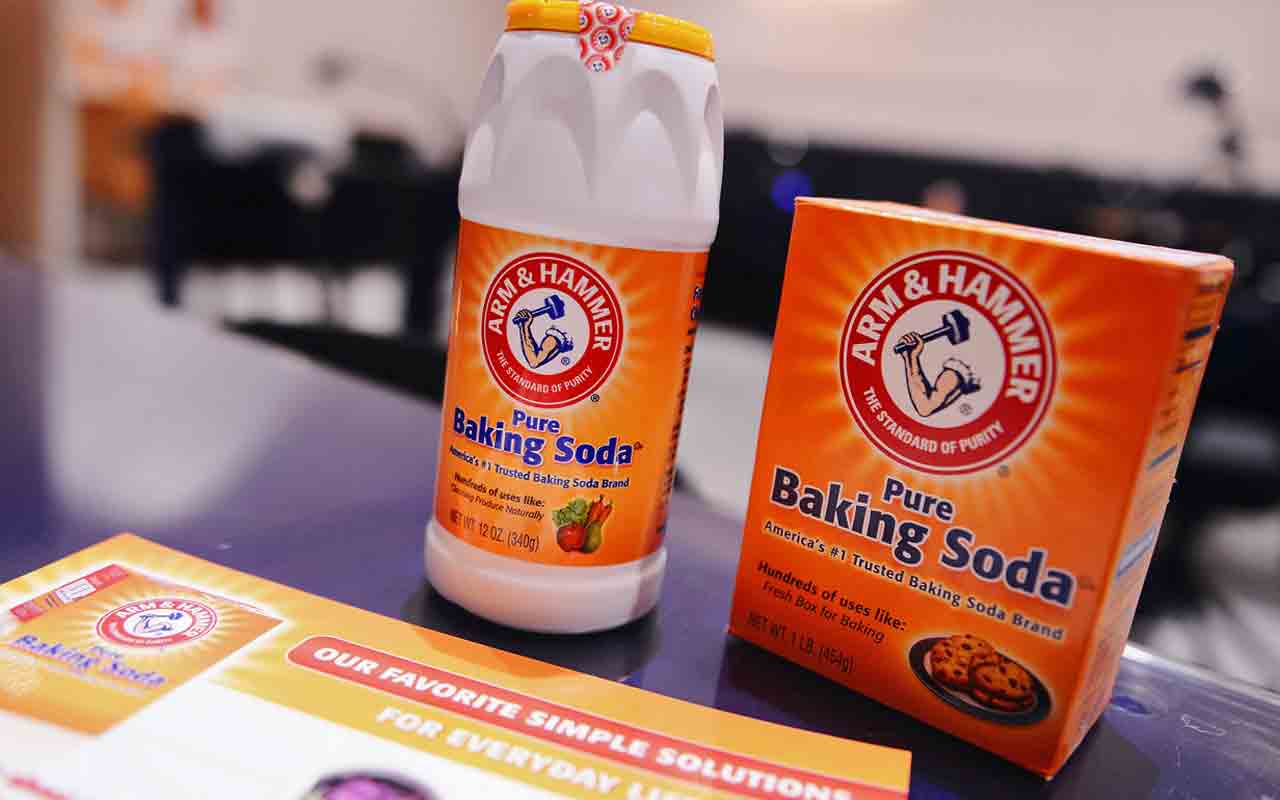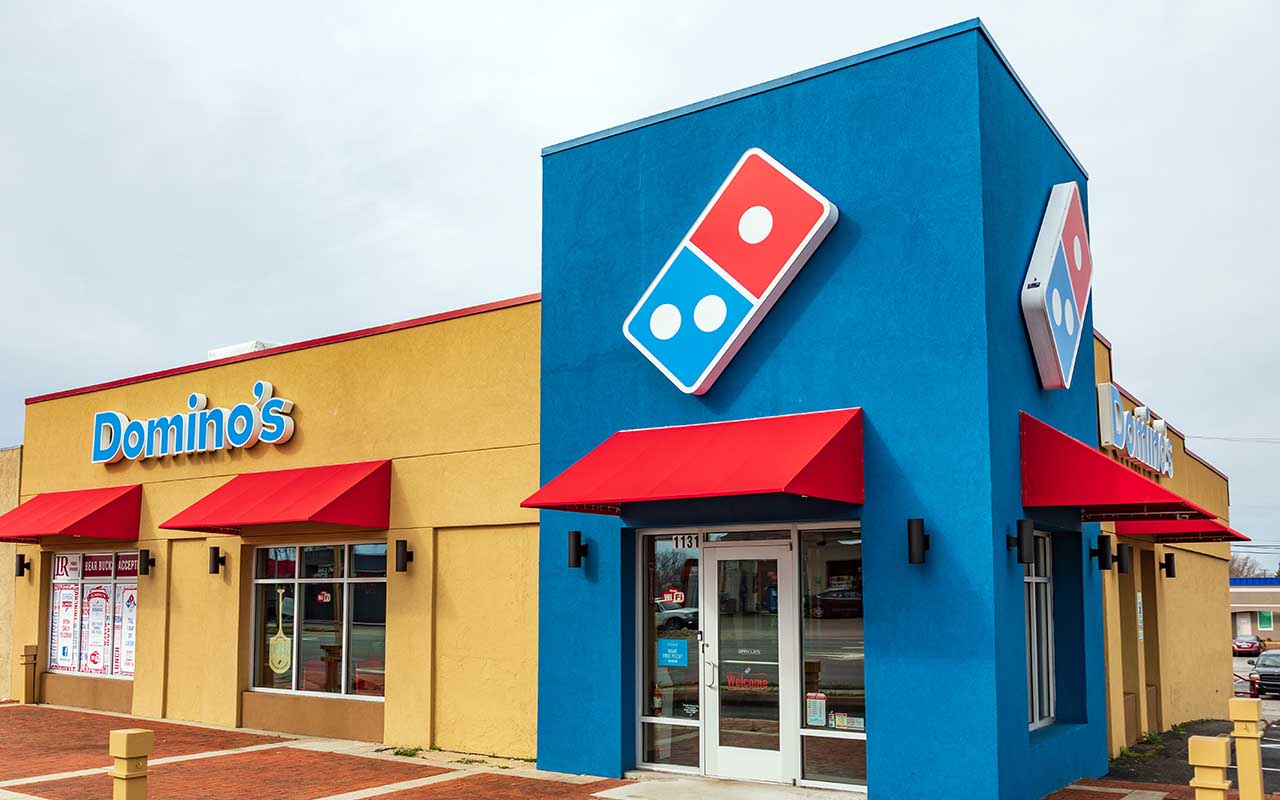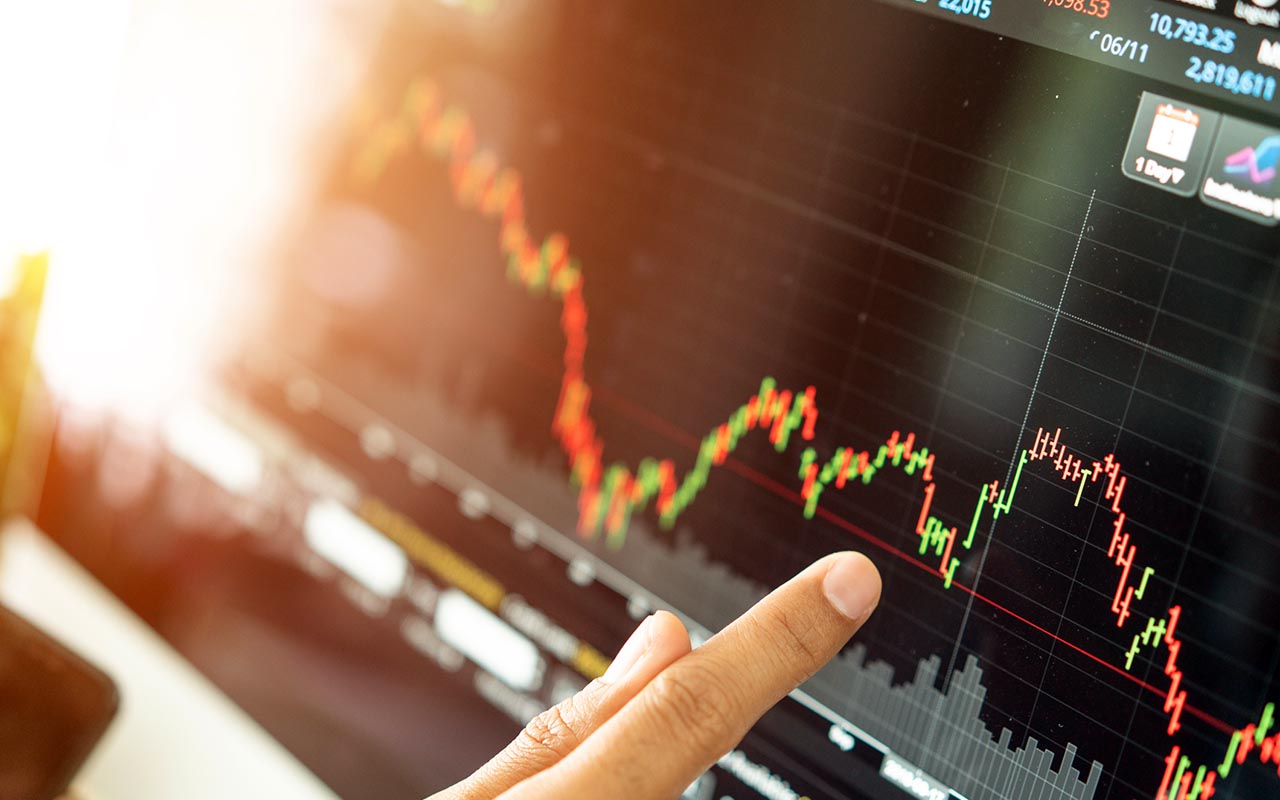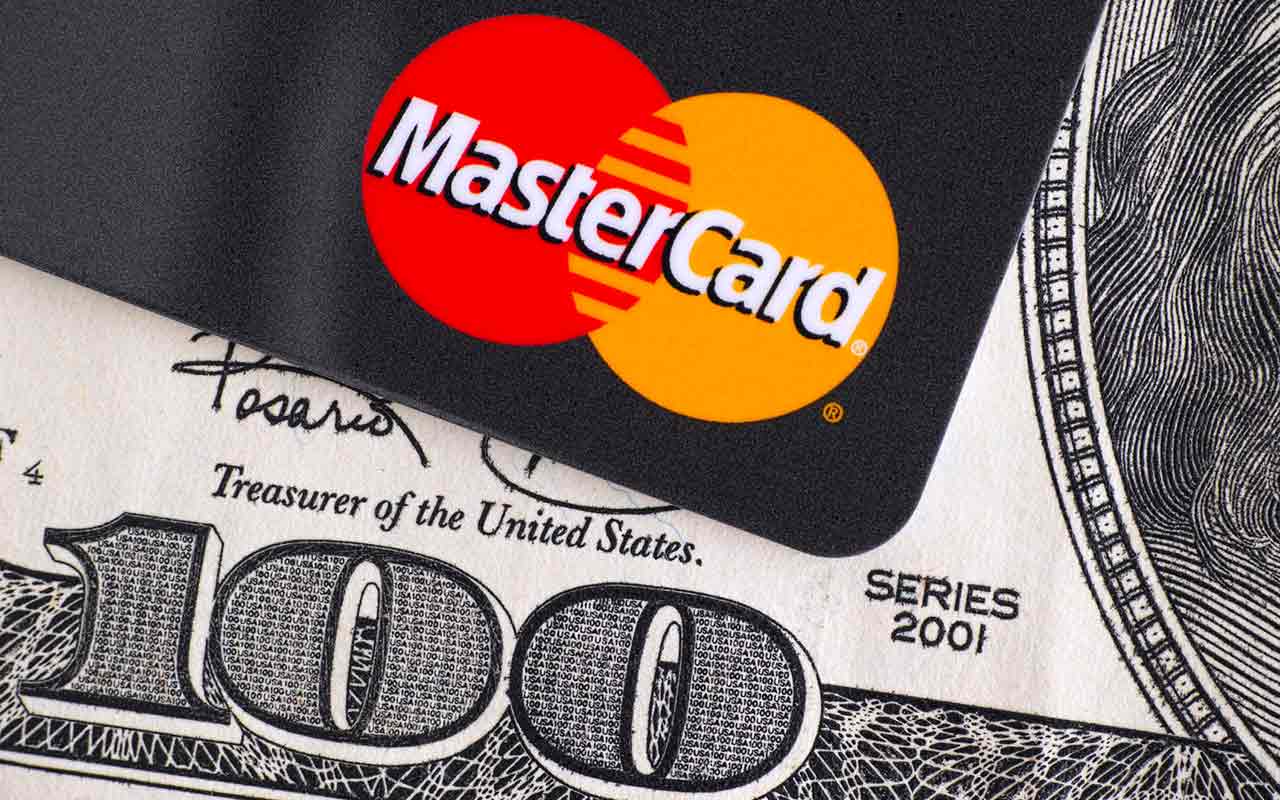7 Safe Dividend Stocks With Big Dividend Growth Potential
Dividend growth announcements have taken a back seat to cuts and suspensions lately. But a few dividend stocks have what it takes to up the ante going forward.


Profit and prosper with the best of Kiplinger's advice on investing, taxes, retirement, personal finance and much more. Delivered daily. Enter your email in the box and click Sign Me Up.
You are now subscribed
Your newsletter sign-up was successful
Want to add more newsletters?

Delivered daily
Kiplinger Today
Profit and prosper with the best of Kiplinger's advice on investing, taxes, retirement, personal finance and much more delivered daily. Smart money moves start here.

Sent five days a week
Kiplinger A Step Ahead
Get practical help to make better financial decisions in your everyday life, from spending to savings on top deals.

Delivered daily
Kiplinger Closing Bell
Get today's biggest financial and investing headlines delivered to your inbox every day the U.S. stock market is open.

Sent twice a week
Kiplinger Adviser Intel
Financial pros across the country share best practices and fresh tactics to preserve and grow your wealth.

Delivered weekly
Kiplinger Tax Tips
Trim your federal and state tax bills with practical tax-planning and tax-cutting strategies.

Sent twice a week
Kiplinger Retirement Tips
Your twice-a-week guide to planning and enjoying a financially secure and richly rewarding retirement

Sent bimonthly.
Kiplinger Adviser Angle
Insights for advisers, wealth managers and other financial professionals.

Sent twice a week
Kiplinger Investing Weekly
Your twice-a-week roundup of promising stocks, funds, companies and industries you should consider, ones you should avoid, and why.

Sent weekly for six weeks
Kiplinger Invest for Retirement
Your step-by-step six-part series on how to invest for retirement, from devising a successful strategy to exactly which investments to choose.
Dividend growth might have been an investing staple of the past decade or so. But these past few months, dividend stocks have been pinching their pennies.
Dozens of companies have announced dividend cuts or suspensions since the start of March. That includes more than 5% of the S&P 500 Index. In fact, in April, more S&P 500 companies reduced or killed off their dividends than announced payout raises.
Investors – especially those nearing or in retirement – who are banking on regular cash income have been backed into a corner. The number of dividend stocks that are able to sustain their payouts is thinning, and those that can briskly grow those distributions over time are an even smaller group. (Remember: Income growth is vital; inflation erodes the spending power of stagnant dividends over time.)
So where you can you look for dividend growth? Consider the DIVCON system from exchange-traded fund provider Reality Shares. DIVCON uses a five-tier rating, from 1 to 5, to gauge companies' dividend health. A DIVCON 5 rating indicates not just a healthy dividend, but a high likelihood of dividend growth. DIVCON 1 dividend stocks, on the other hand, are the likeliest to cut or suspend their payouts.
Within each DIVCON rating is a composite score based on factors including free cash flow-to-dividends, profit growth, buybacks as a percentage of dividends and more.
Here are seven safe dividend stocks with big dividend growth potential. Not only do these stocks boast the top DIVCON rating of 5, but they generate enough cash profits to pay their dividend several times over: a good indication that dividend growth will continue well into the future.
Data is as of May 5. Dividend yields are calculated by annualizing the most recent payout and dividing by the share price. Stocks listed in alphabetical order.

Amdocs
- Market value: $8.5 billion
- Dividend yield: 2.1%
- DIVCON score: 67.75
We'll start with Amdocs (DOX, $62.66), which isn't exactly a household name. This $8.5 billion mid-cap dividend stock is a digital consultant focused on helping communications and media companies improve the user experience, better monetize customers, leverage cloud networks and (increasingly) 5G technology, and build customer loyalty.
Amdocs boasts a wide customer base of American telecom and media giants, including AT&T (T), Comcast (CMCSA), Dish Network (DISH) and Verizon. It also serves international firms such as Canada's Telus (TU), Poland's Orange Polska and the Philippines' Globe.
While media and communications companies might take a hit thanks to tight advertiser pennies in the midst of the global pandemic, they're unlikely to boot Amdocs' services to save costs. On the contrary, some of its services might become more vital than ever.
While DOX shares are off 15% this year, analysts are actually looking for a modest 4% improvement in profits in 2020, to $4.47 per share, with estimates only inching lower over the past few months. That's well more than three times what it'll need to finance its quarterly payout, which was hiked by 15% earlier this year to 32.75 cents per share. Free cash flow coverage of the dividend is roughly the same – a significant factor behind the stock's DIVCON 5 rating.
Dividend stocks with high coverage like that are likelier than others to continue dividend growth down the road. Amdocs already has a healthy history of that, raising its payout by nearly 93% in just the past five years.
Also encouraging for DOX are a high Bloomberg Dividend Health score of 52, as well as an Altman Z-score of 6.7. Altman Z-scores are effectively a metric of a company's credit strength to determine the risk of bankruptcy; anything above a 3 suggests a firm financial footing.

Church & Dwight
- Market value: $17.9 billion
- Dividend yield: 1.3%
- DIVCON score: 65.50
Naturally, a list of safe dividend stocks at the moment wouldn't be complete without a consumer staples company. And Church & Dwight (CHD, $73.43) is among the highest-rated staples stocks covered by DIVCON's system.
Church & Dwight offers up a wide variety of home- and personal-care goods, including Arm & Hammer baking soda and cleaning products, Vitafusion vitamins, Orajel pain solutions, Xtra detergence, Arrid deodorant, Trojan condoms and First Response pregnancy tests, among many others.
The company "experienced a significant increase in consumer demand for many of its products in response to the COVID-19 virus in March," Church & Dwight announced in its first-quarter report released in late April. And analysts still expect growth in 2020: a 6.5% improvement in revenues to $4.6 billion, and a 10% pop in profits to $2.71 per share.
CHD raised its payout by 5.5% earlier this year to 24 cents per share – its 24th consecutive year of dividend growth. It's difficult to see that streak ending anytime soon. The company boasts a low 35% dividend payout ratio (the percentage of profits that go toward funding the dividend); similarly, free cash flow is several times greater than what it pays out in cash distributions.

Domino's Pizza
- Market value: $14.5 billion
- Dividend yield: 0.8%
- DIVCON score: 67.25
Domino's Pizza (DPZ, $371.46) should be a familiar stock at this point. Not only was it one of the best stocks of the 11-year bull market, but it also has acted as a stalwart defensive play amid the COVID-19 outbreak. DPZ shares are up 25% since the start of the bear market, thanks in large part to a stellar quarterly report in February.
While many restaurants were scrambling to set up Uber Eats and DoorDash accounts, Domino's was well ahead of the curve with both a business that has long been established in the delivery game as well as a well-developed app and a decade-plus history of technology innovation that puts most of its competitors to shame.
Domino's is easily entrenched among reliable dividend stocks because, unlike so many other companies right now, things are looking up for DPZ, not down. Not only is Domino's expected to grow earnings this year – by 14.1% to $10.92 per share – but that estimate has slowly climbed over the past few months.
That's great news for a dividend that was already well-covered by operations. DPZ announced a 20% payout hike earlier this year to 78 cents per share. On an annual basis, that $3.12 per share is covered more than three times over by profits.
DIVCON points out that it's even better on a cash basis, with free cash flow coming in at nearly 10 times what Domino's needs to make its dividend payments. Domino's has a healthy backstop, too. The company is spending roughly 730% more on repurchases than dividends, so even if DPZ was in dire straits and desperate to preserve its dividend, it could pull the reins on buybacks to make the math work.
Dividend growth is the likelier path forward here, which helps make up for the lower current yield. Domino's current payout is 152% higher than it was five years ago; a growth rate half as slow going forward would still be welcomed with open arms.

MarketAxess Holdings
- Market value: $18.3 billion
- Dividend yield: 0.5%
- DIVCON score: 67.25
What does MarketAxess Holdings (MKTX, $483.26) have in common with Domino's?
They're both dividend stocks. They were both among the best stocks of the 2010s. And that's really about it.
MarketAxess is an electronic bond trading platform that is trying to do for fixed income what technology long ago did for stocks: made pairing buyers and sellers easier and quicker. And at the moment, it's the market leader by a long shot. At last check, MKTX was responsible for 80% of electronic trades in investment-grade corporates. It also has a presence in U.S. junk debt, as well as European and emerging-markets bonds.
How has COVID-19 been treating MarketAxess? Well, for April 2020, the company reported record average trading volume of U.S. investment-grade bonds, including a record day on April 30 of overall credit trading volume. That follows a March that saw MKTX set eight different trading volume records across numerous categories, and a first quarter in which MarketAxess reported record revenues, operating income, credit trading volume and diluted earnings per share (EPS).
And MKTX stock? It's up 41% since the start of the bear market.
It's just fine.
MarketAxess' dividend is A-OK, too. The company announced a robust 17.6% payout hike earlier this year, to 60 cents per share. That's 131% dividend growth in just four years, and there's plenty more where that came from. MKTX's payout is just 34% of profit expectations for 2020. The analysts are looking for an even $7 per share this year – a 30% burst over 2019's earnings.
A Bloomberg Dividend Health readout of roughly 44, as well as a laughably high 46.47 Altman Z-score, are further evidence of MarketAxess' sturdy financial standing.

Mastercard
- Market value: $275.4 billion
- Dividend yield: 0.6%
- DIVCON score: 67.75
Mastercard (MA, $273.98) could go the rest of the year without making a penny more in profit and still be able to pay its dividends through the new year without dipping into the piggy bank.
The company earned $1.68 per share in Q1 2020. Yes, that was down from the year-ago quarter's $1.80 per share. However, after backing out various one-time factors, the company's profits of $1.83 per share were actually 3% better than Q1 2019's total. More importantly, that $1.68 per share is all MA needs to cover its expected $1.60 per share in quarterly dividend payments across the full year.
Mastercard is expected to make much more, of course: $6.69 per share this year, to be exact. That's a 14% dip from last year, as spending is sure to take a hit in the midst of a likely recession. But analysts are nonetheless high on payments providers like Mastercard.
Stephens analysts Brett Huff (Overweight, equivalent of Buy) recently hiked his price target on MA stock from $286 per share to $304, saying that "MasterCard's franchises will exit the recession stronger and with larger total addressable markets than before." BMO Capital's James Fotheringham reduced his price target from $349 to $332 last month, but still maintained his Outperform rating (equivalent of Buy), calling card networks "the best places to hide."
Mastercard generates more than 1,000% of the free cash flow it needs to service the dividend. So don't sweat the fact that Mastercard suspended its share repurchases. Not only is the dividend safe, but unless something drastically changes, MA is exceedingly likely to keep up its nine-year streak of consecutive payout improvements.

Power Integrations
- Market value: $2.9 billion
- Dividend yield: 0.8%
- DIVCON score: 66.00
Wall Street's interest in technological components is largely reserved for exciting growth stories such as Nvidia (NVDA) and Advanced Micro Devices (AMD), or legacy blue chips such as Intel (INTC).
Mid-cap Power Integrations (POWI, $98.11) hardly ever makes headlines, but that's OK. It still has what dividend investors need.
Like Nvidia and AMD, Power Integrations has a presence in an array of high-tech products: POWI's components are used in smartphones, solar and wind systems, LED lights and smart utility meters. Unlike Nvidia and AMD, Power Integrations' products aren't about processing – instead, they're geared toward high-voltage power conversion. For those interested in ESG investing, POWI's contributions to energy efficiency have landed it in several clean-technology stock indices.
That business has generated revenues that have broadly trended higher over time; while net income is a bit more erratic, the company is consistently profitable. It also has a lot of headroom for dividend growth. Its 19-cent quarterly dividend is just 26% of what analysts expect it to earn this year. That estimate, by the way, is for $2.95 per share, up nearly 15% from 2019.
POWI hasn't gone completely untouched by the bear market, but a less-than-4% decline since Feb. 19 indicates the market sees little impending danger for Power Integrations' business.
We'll learn more on that front on May 7, when the company is expected to release first-quarter earnings. In fact, given the volatility around quarterly releases so far in Q1, investors might want to wait for any dust to clear before making the plunge.

West Pharmaceutical
- Market value: $14.3 billion
- Dividend yield: 0.3%
- DIVCON score: 68.50
Health care stocks have been the best-performing sector of the bear market, logging a small 4% loss compared to a roughly 15% dip for the S&P 500 through March 5.
No surprise there. In any financial crisis, people are likely to cut back on a lot of things, but life-improving (and life-extending) pharmaceuticals and other health care products are going to be among the last to go. And that's good news for West Pharmaceutical (WST, $194.80).
West Pharmaceutical is a delightful snore of a company. It's not involved in researching groundbreaking drugs that will cure cancer or the common cold. It doesn't produce medical devices that will help you walk or keep your heart beating. It produces … well, the packaging that gets those drugs to you, intact.
That's an oversimplification, of course. Yes, it does make some bare-bones products, such as vials and syringes. But it's also responsible for technologies such as the SelfDose patient-controlled injector and the SmartDose drug delivery platform, not to mention package testing and even particle analysis services.
It's not glamorous, but it's always in need – a trait to cherish in dividend stocks. That's why Wall Street hasn't blinked on its earnings expectations for this year. Instead, they see profits rising 11% to $3.61 per share, which is 15 cents more than they were projecting three months ago. That's also well more than five times the earnings it needs to finance its 16-cent quarterly dividend, which has been growing for 27 consecutive years.
The high DIVCON score of 68.50 is attributed to a sky-high free cash flow-to-dividend ratio of 674%, repurchases that are 252% of dividends (giving West somewhere else to pull from in the event of a cash crunch) and a high 11.73 Altman Z-score signaling strong financial legs. All of this goes to signal a high likelihood of dividend growth in the future.
Profit and prosper with the best of Kiplinger's advice on investing, taxes, retirement, personal finance and much more. Delivered daily. Enter your email in the box and click Sign Me Up.
Kyle Woodley is the Editor-in-Chief of WealthUp, a site dedicated to improving the personal finances and financial literacy of people of all ages. He also writes the weekly The Weekend Tea newsletter, which covers both news and analysis about spending, saving, investing, the economy and more.
Kyle was previously the Senior Investing Editor for Kiplinger.com, and the Managing Editor for InvestorPlace.com before that. His work has appeared in several outlets, including Yahoo! Finance, MSN Money, Barchart, The Globe & Mail and the Nasdaq. He also has appeared as a guest on Fox Business Network and Money Radio, among other shows and podcasts, and he has been quoted in several outlets, including MarketWatch, Vice and Univision. He is a proud graduate of The Ohio State University, where he earned a BA in journalism.
You can check out his thoughts on the markets (and more) at @KyleWoodley.
-
 5 Vince Lombardi Quotes Retirees Should Live By
5 Vince Lombardi Quotes Retirees Should Live ByThe iconic football coach's philosophy can help retirees win at the game of life.
-
 The $200,000 Olympic 'Pension' is a Retirement Game-Changer for Team USA
The $200,000 Olympic 'Pension' is a Retirement Game-Changer for Team USAThe donation by financier Ross Stevens is meant to be a "retirement program" for Team USA Olympic and Paralympic athletes.
-
 10 Cheapest Places to Live in Colorado
10 Cheapest Places to Live in ColoradoProperty Tax Looking for a cozy cabin near the slopes? These Colorado counties combine reasonable house prices with the state's lowest property tax bills.
-
 Dow Adds 1,206 Points to Top 50,000: Stock Market Today
Dow Adds 1,206 Points to Top 50,000: Stock Market TodayThe S&P 500 and Nasdaq also had strong finishes to a volatile week, with beaten-down tech stocks outperforming.
-
 Stocks Sink With Alphabet, Bitcoin: Stock Market Today
Stocks Sink With Alphabet, Bitcoin: Stock Market TodayA dismal round of jobs data did little to lift sentiment on Thursday.
-
 Dow Leads in Mixed Session on Amgen Earnings: Stock Market Today
Dow Leads in Mixed Session on Amgen Earnings: Stock Market TodayThe rest of Wall Street struggled as Advanced Micro Devices earnings caused a chip-stock sell-off.
-
 Nasdaq Slides 1.4% on Big Tech Questions: Stock Market Today
Nasdaq Slides 1.4% on Big Tech Questions: Stock Market TodayPalantir Technologies proves at least one publicly traded company can spend a lot of money on AI and make a lot of money on AI.
-
 Fed Vibes Lift Stocks, Dow Up 515 Points: Stock Market Today
Fed Vibes Lift Stocks, Dow Up 515 Points: Stock Market TodayIncoming economic data, including the January jobs report, has been delayed again by another federal government shutdown.
-
 Stocks Close Down as Gold, Silver Spiral: Stock Market Today
Stocks Close Down as Gold, Silver Spiral: Stock Market TodayA "long-overdue correction" temporarily halted a massive rally in gold and silver, while the Dow took a hit from negative reactions to blue-chip earnings.
-
 Nasdaq Drops 172 Points on MSFT AI Spend: Stock Market Today
Nasdaq Drops 172 Points on MSFT AI Spend: Stock Market TodayMicrosoft, Meta Platforms and a mid-cap energy stock have a lot to say about the state of the AI revolution today.
-
 S&P 500 Tops 7,000, Fed Pauses Rate Cuts: Stock Market Today
S&P 500 Tops 7,000, Fed Pauses Rate Cuts: Stock Market TodayInvestors, traders and speculators will probably have to wait until after Jerome Powell steps down for the next Fed rate cut.

